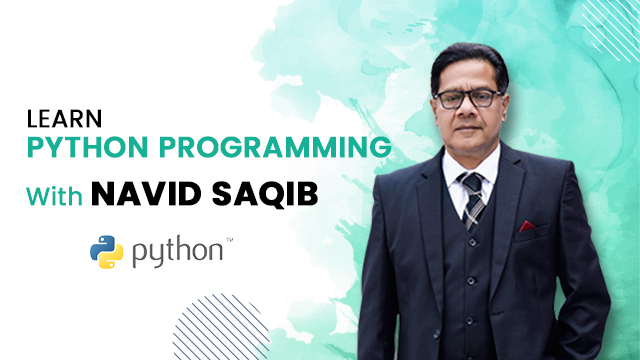Currently Empty: $0.00
Introduction To Syllabus
0/3
Relation of Real Life and Programming
0/7
Stages of Programming
0/14
Dealing with Constructs
0/24
Question Set 3
0/3
Concept of Validations
0/6
Question Set 4
0/2
Logical operators in programming are used to combine or modify logical expressions. They allow programmers to build complex conditions by combining simpler conditions.
The three main logical operators are AND (and), OR (or), and NOT (not).
The AND operator evaluates to true only if both operands are true, while the OR operator evaluates to true if at least one of the operands is true.
The NOT operator negates the truth value of its operand. For example, in a program that manages access to a restricted area of a website, logical operators can be used to determine whether a user has the necessary permissions.
A condition might require both that the user is logged in (logged_in) and has an admin role (is_admin) to grant access.
This can be expressed as if logged_in and is_admin:.
Similarly, logical operators can be used to handle user input validation, formulating conditions such as if age >= 18 or is_parent:
to allow access to content for users above 18 years of age or for parents. Through the strategic use of logical operators, programmers can implement sophisticated decision-making logic in their programs, enabling them to create versatile and robust applications.

